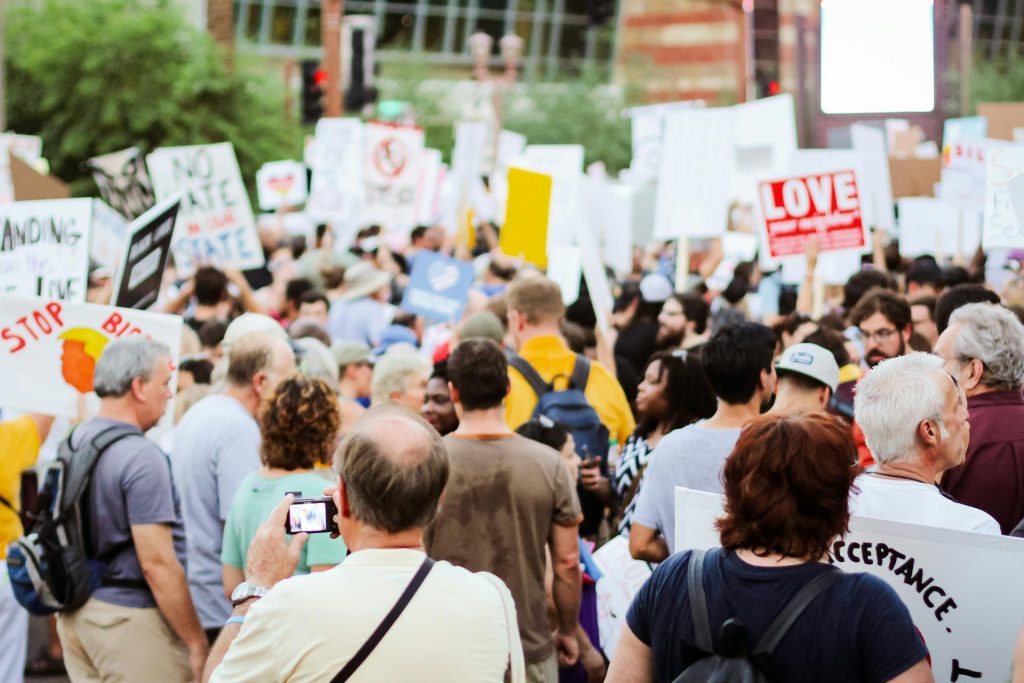Politics isn’t just about elections or fiery debates—it’s the system that shapes every aspect of our lives. From healthcare and education to infrastructure and economic growth, politics decides how resources are distributed and which voices are heard. At its core, politics is the process by which people make collective decisions. It gives structure to governments and power to the people. When done right, it can be a force for good, guiding communities toward fairness, safety, and prosperity. But when trust erodes, politics can also divide and destabilize.
The Power of Civic Participation
One of the greatest strengths of any democracy lies in the hands of its people. Voting, protesting, petitioning, or simply staying informed—these are acts of political participation that carry weight. Citizens who understand their rights and responsibilities can hold leaders accountable and shape public discourse. When people feel disconnected from politics, corruption grows and inequality spreads. But when civic engagement rises, change becomes possible. A politically aware population is the heartbeat of any functioning democracy.

Political Systems and Their Impact
Different countries operate under different political systems—democracies, monarchies, authoritarian regimes, and hybrids. Each system has its own rules, roles, and balances of power. In a democracy, people elect representatives to govern on their behalf. In authoritarian states, power often lies in the hands of a few. These systems influence how laws are made, how leaders are chosen, and how rights are protected—or suppressed. Understanding the mechanics behind these systems helps citizens navigate and challenge them more effectively.
Modern Challenges in Politics
Today’s political landscape is riddled with challenges. Misinformation spreads faster than facts, social media amplifies outrage, and polarization pulls people apart. Trust in institutions has declined in many parts of the world, leading to voter apathy and political fatigue. Meanwhile, global issues like climate change, migration, and economic inequality demand coordinated, long-term political solutions. The problem? Politics often favors short-term gains. To move forward, political systems must adapt, embrace transparency, and prioritize truth over theatrics.
Reimagining Politics for the Future
The future of politics depends on people—especially younger generations—stepping into the arena. It’s time to reimagine politics not as a battleground, but as a space for collaboration and progress. New movements, digital tools, and grassroots efforts are already reshaping how power is challenged and change is demanded. Politics should be accessible, inclusive, and driven by values, not just votes. When diverse voices unite under a shared vision, real transformation begins. The future isn’t waiting—it’s being written by those bold enough to care.
